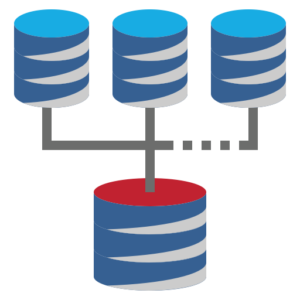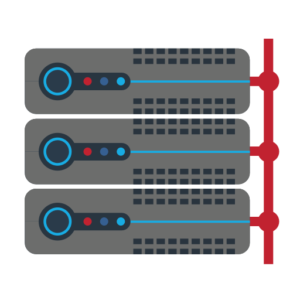When looking at any automation task in System Center Orchestrator, it will inevitably need to connect to other enterprise management systems to automate the process. This means using an Integration Pack or writing your own piece of PowerShell script to build an integration yourself.
Save money by building an integration? Perhaps not…
Kelverion has often seen employees creating custom-built integrations because the belief is that this will save their company money. The reality is actually that custom Integrations always take longer to produce, and have no proven track record on the reliability or scalability of the integration.
Increasingly, APIs are changing rapidly, this is particularly true for Service Desks. Building an integration yourself includes constantly having to maintain it. This doesn’t take into account the major complexities that could conspire if the vendor decides to implement multi-factor authentication in their API. Building an integration yourself will still cost money in person hours, updates and maintenance; this has the potential to become a full-time job depending on the complexity and size of the infrastructure.
What happens if the wheels come off?
The Kelverion team know the fallout of this all too well. We’ve been brought in to assist with fixing a DIY integration job. We have encountered instances where we assisted organizations that had at one stage built their own System Center Integration Packs. While the initial creation of these Integration Packs posed challenges, subsequent complications arose when the individuals responsible for their development had departed from the company. Unfortunately, no copies of the source code or documentation were available, leaving the organization with an unsupported Integration Pack that cannot be updated, maintained or even used. What was initially a cost-saving exercise became rather expensive with money spent on consultants to unpick the inner workings of the Integration Pack.

Community-built integrations vs supported integrations
Some people looking for Integrations went with community-built options, known as CodePlex Integration Packs in Orchestrator. CodePlex was a forge website by Microsoft. While active, it allowed the development of open-source software. When Orchestrator 2012 was released, some individuals offered free open-source Integration Packs that users could download and use in their runbooks.
The danger with ‘community-built’ integrations is that the author is unknown, so you’ve no idea who built them, how well they are developed or if they are being maintained. Using a solution like this you also gamble that if the integration stops working, often there isn’t anyone to call on for help and support. This is clearly not a robust set-up for technology teams and could leave you in a worse position than building an integration yourself.
This is particularly true of CodePlex as it ceased operating in 2017, and these Integration Packs are no longer available nor are they being developed or enhanced. It’s also important to note that all these Integration Packs are 32-bit and won’t work in Orchestrator 2022.
So, it’s important to think carefully about whether it’s really worth building an integration when embarking on an automation project.
The benefits of a supported integration
All Kelverion Integration Packs come with extensive user guides, full software support and are regularly updated to support new vendor software versions. We regularly receive feature requests from existing users and these form part of our product management development cycle. We have our own in-house development team based out of our Canada office, who are responsible for development, updates and thorough testing.
All our Integration Packs are in use by customers, giving you confidence that they perform as advertised. If anything isn’t working as expected, we have an in-house support team to get things running as they should. Plus we have our well-renowned Runbook Support Service for those looking for an additional safety net for their automation projects. Check out this case study on the Runbook Support Service.
No need for budget to be a barrier
One of the reasons cited by people who consider building their own integration is that Microsoft System Center Partner products are always expensive, and cannot be justified when starting an automation project. We understand that when starting out on an automation project, the benefits are gradual. However, over time and further initiatives, these grow and scale as you expand your automation landscape. We believe that the costs should reflect that and have priced our products accordingly to ensure that budget isn’t a barrier to getting started with automation.
Kelverion Integration Packs are priced to reflect this get-started and scale methodology; for example, our popular ServiceNow Integration Pack can be purchased on a subscription basis for $462 per month; only purchase what you need on day one and add to your deployment as you grow your automation over time.
About Kelverion
Experts in Cloud, On-Premise and Hybrid automation, Kelverion provide solutions and integrations that remove the manual process tying up IT staff; transforming the productivity, efficiency, and supportability of IT service automation. Our products utilize and enhance the power of Microsoft Azure and System Center Orchestrator.
Working closely alongside Microsoft we have developed our integrations and automation solutions to help bridge the gap between Microsoft’s automation platforms and third-party systems, in the process building key alliance partnerships with multiple vendors to ensure our products are fully certified. Find Kelverion on the Azure Marketplace here.
Since 2010, Kelverion has expanded to become a global company, with offices now in the UK, Canada, and the US. Through this, we are able to offer and support products and professional services engagements to enterprise-level organizations no matter where they are.
For more information, to arrange a discovery call or to see a demonstration please contact our helpful team today via info@kelverion.com.





